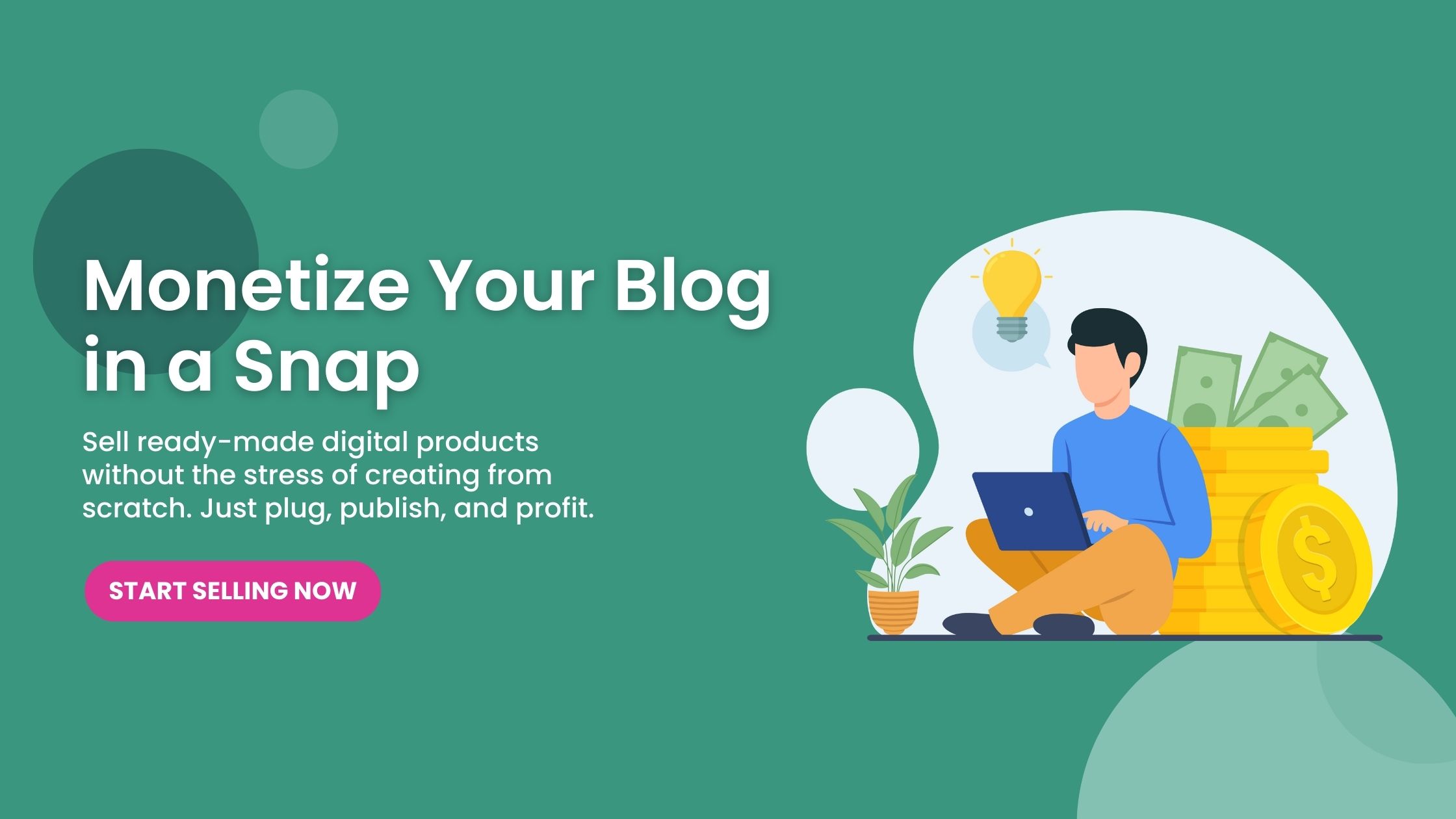Define Your Blogging Purpose
Reflect on Your Passion
When I first thought about starting my blog, I took a step back to really chill and think about what I was passionate about. I realized that choosing a topic I genuinely care about would keep me motivated in the long run. It was all about finding that sweet spot where my interests and skills intersected.
Take a moment to jot down the things that excite you, whether it’s a hobby, a cause, or a special area of expertise. It’s like going on a treasure hunt! These notes will help you pinpoint your true calling, and let’s be honest, your readers can totally tell when you’re passionate about something.
Plus, having this clarity from the get-go helps you set boundaries. You won’t stray too far from your main message and, trust me, your audience will appreciate it when they know what to expect from you. Your passion is your compass on this adventure!
Choose Your Niche Wisely
Research to Discover Gaps
Picking a niche is kind of like deciding what flavor of ice cream to get at your favorite shop. You want something that you love but also something that other people are hungry for. So here’s what I did: I hit the books, browsed online forums, and checked out what competitors were doing. This research really opened my eyes.
Look for gaps in the market where your insights can shine. Maybe there’s a popular topic that’s super saturated, but you have a unique experience or viewpoint to share. Use that! Your distinct voice can make all the difference, and it helps you stand out in the crowd.
Diving deep into trends and audience needs also gives you a goldmine of content ideas that just keeps on giving. Trust me, when you know your niche inside and out, creating content becomes way less of a chore and more of a fun journey!
Create a Content Strategy
Plan Your Topics and Schedule
Alright, so once I had my niche down, it was time to map out my content strategy. I grabbed a calendar and started brainstorming topics that would resonate with my readers. It’s like laying out a treasure map; you need to know where you’re headed!
Scheduling when to post is super important too. Decide whether you want to go full throttle with frequent posts or keep it chill with a more laid-back approach. I found that consistency helped my audience know when to check back for new nuggets of wisdom.
Not only does planning help keep you organized, but it also sparks creativity. You’ll have a variety of topics lined up, and, I swear, sometimes inspiration strikes just from seeing what’s on your editorial calendar!
Engage with Your Audience
Build Genuine Connections
Ah, engagement—the heart of blogging! When I started getting comments on my blog posts, it felt like I was finally connecting with people who valued my voice. I made it a point to respond to every comment and message, because, honestly, I wanted my readers to feel heard and appreciated.
You should also invite them to interact. Ask questions at the end of your posts, or encourage them to share their own experiences in the comments. It’s like throwing out a fishing line and waiting for those responses to reel you in with great conversations!
Building this community makes the whole blogging journey way more rewarding. You’ll find that your readers become some of your biggest champions, sharing your posts and encouraging others to join the fun. Plus, their feedback is gold for future content!
Evaluate and Adjust Your Strategy
Analyze Your Performance
As I settled into my blogging groove, I realized the importance of stepping back and evaluating my performance. I started paying attention to what posts were doing really well and what just fell flat. Analytics are like your blogging GPS—they guide you and help you make informed decisions!
Use tools like Google Analytics or social media insights to get a sense of your audience’s preferences. Which topics get the most shares and comments? Which ones don’t resonate as much? Finding those patterns was a game-changer for me, molding my content to better fit my audience’s wants and needs.
Don’t be afraid to pivot! It’s totally okay to adjust your strategy based on what the numbers are telling you. Flexibility is key in this blogging adventure. You’ll find that responding to feedback not only makes your content stronger but also keeps your readers coming back for more!
FAQs
What is the first step in starting a blog?
The first step is to define your blogging purpose. Reflect on your interests and passions to ensure you’re writing about something that excites you!
How do I choose the right niche for my blog?
Research is key! Identify areas where you have expertise and where there are gaps in the market. Think about what unique perspective you can offer!
Why is a content strategy important?
A content strategy helps you stay organized, ensures consistency in posting, and sparks creativity by providing a roadmap of topics to cover!
How can I engage effectively with my blog audience?
Respond to comments, ask questions in your posts, and encourage readers to share their thoughts. This builds a sense of community and keeps the conversation going!
Is it necessary to evaluate my blog’s performance regularly?
Absolutely! Analyzing performance helps you understand what works and what doesn’t. Use insights to adjust your strategy accordingly and greatly improve your content!

